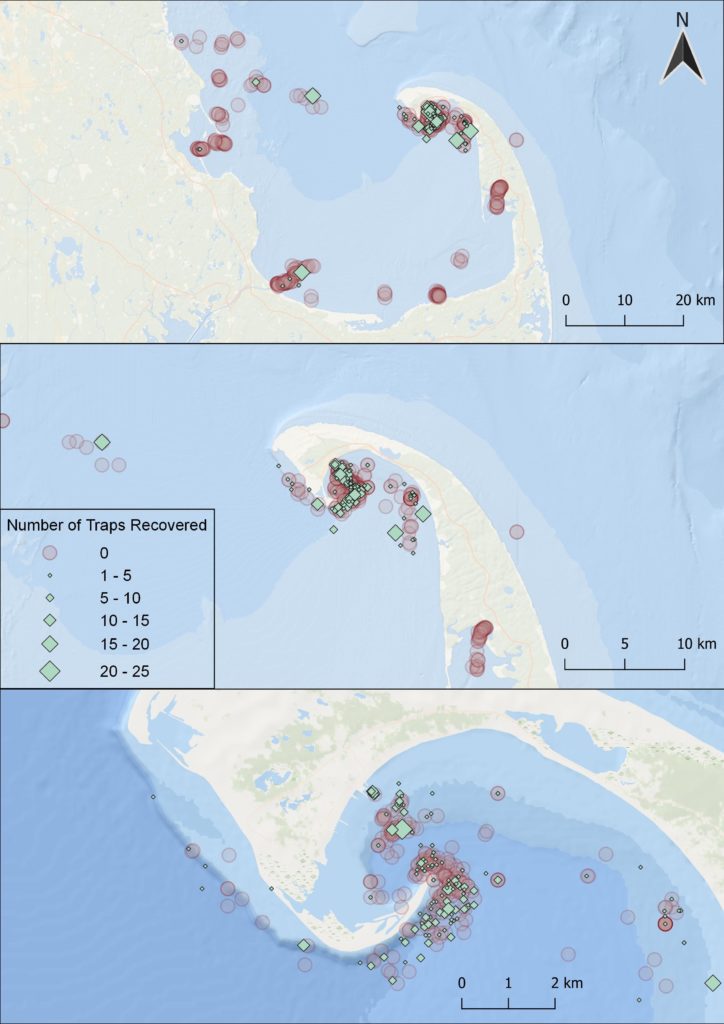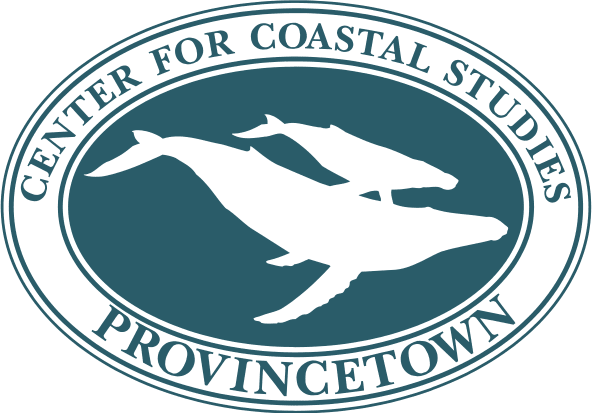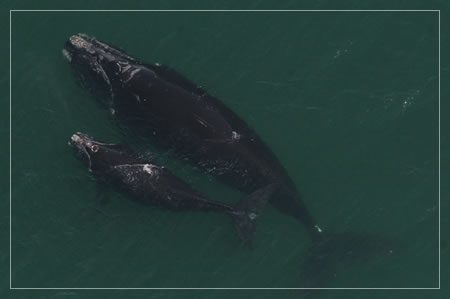August 30, 2020
Amy Green, Marine Debris Intern, Summer 2020
I still remember the first time I saw the ocean. I was nine years old, and my jaw dropped as I stared out at the endless horizon. Growing up in Minneapolis, lakes surrounded us, but the closest I had come to an ocean was the Apostle Islands in Lake Superior.
Flash forward to my SEA Semester when my jaw dropped again. Imagine my surprise when our plankton nets, skimming the seemingly clear neuston layer of the open ocean in the South Pacific revealed millions of tiny animals, zooplankton, scuttling around in our petri dishes as we sailed. I could barely fathom that the clear blue water contained these microscopic organisms, packed into nearly every ounce of the ocean’s surface. Thus began my fascination with plankton, which carried me through many projects as an undergraduate at Boston University, and eventually landed me as an intern on the Right Whale Team at the Center for Coastal Studies.
I arrived in Provincetown, Massachusetts in December to a whirlwind of fieldwork aboard the R/V Shearwater, collecting plankton samples and analyzing them in the lab to determine the habitat quality of the feeding North Atlantic Right Whales in Cape Cod Bay. However, as March rolled around, the global COVID-19 pandemic rapidly halted any fieldwork efforts.
While quarantined, I began to discover the other departments at the Center, and looked into the Marine Debris & Plastics program, another passion of mine. I learned that Laura Ludwig’s program not only worked on cleaning up beaches, but also actually pulled up derelict fishing gear from the bottom of Cape Cod Bay to return it to local fishers. I was hooked.
My main task on Laura’s team in June was to create maps visualizing the derelict fishing gear recovery efforts. However, I was somewhat sidetracked by the upcoming “Plastic Free July” campaign taking the world by storm. With Laura’s encouragement, I put together a daily social media post with a new idea each day for reducing plastic waste. We covered topics from reducing your plastic in the bathroom (because of course everyone is asking, “How can I pursue my love of flossing without using plastic?”) to the do’s and don’ts of plastic recycling in your home. I took on this campaign mainly because I know that there are many people out there like me: desperately wanting to reduce their plastic waste, but not knowing exactly how to begin. By sharing these simple ideas each day, I hoped to help folks start setting attainable goals in order to change their role in today’s “disposable” lifestyle.
I learned so much along the way and had the opportunity to meet with all sorts of community leaders, like Kari Parcell, who heads Barnstable County’s municipal waste and recycling, and Steve Wisbauer, the shellfish constable, as well as local artists using marine debris for inspiration and materials. We collaborated with Jill Talladay at CARE for the Cape and Islands, sharing their “Take Care Cape Cod” campaigns each Tuesday, and organizing a “remote” (COVID-friendly) beach cleanup on the final day of Plastic Free July. We co-hosted with Sustainable Practices an online screening of “The Story of Plastic,” an incredibly moving and informative documentary on the global plastic pandemic, and hosted a talkback with Madhavi Venkatesan on the film’s topics over Zoom.
Not to be dramatic, but the information that I uncovered during July of 2020 has changed the way I live my life. While I know I will not be able to single-handedly hold plastics manufacturers and big corporations accountable for their impact on the environment, I can make a difference by taking simple actions. I feel as though I have an entirely new outlook on the plastic crisis — while I’m not perfect, I’ve found my worldview changing, and my “need” for single-use plastics dwindling with every grocery run.

Map depicting recovered fishing gear by Amy Green, August 2020


